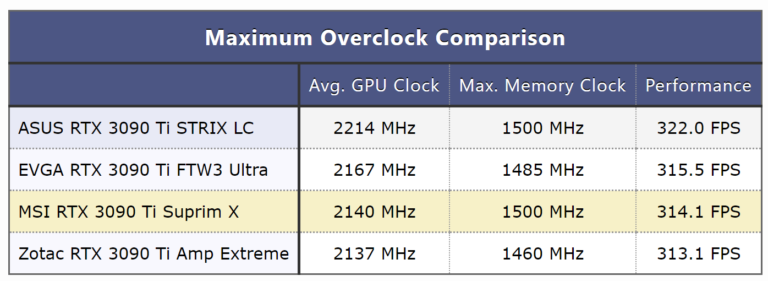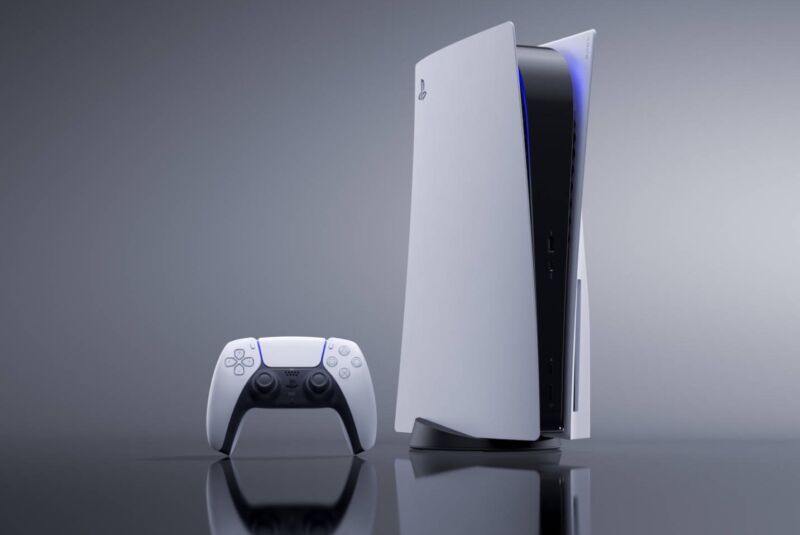Please note that this post is tagged as a rumor.
NVIDIA GeForce RTX 4090 memory overclocked to 25 Gbps
The RTX 4090 may have even more overclocking potential than expected.
We have already seen RTX 4090 operating with 3.0 GHz or even 3.1 GHz maximum frequency and TDP going up to 600W. However, the new screenshot from @wnxod may suggest that the clock rate may go even higher under specific, but sadly undisclosed conditions.

Before we jump into conclusions, the 3.2 GHz GPU clock pictured below may not be doable with all cards. In fact, we do not know anything about TDP settings or the voltage-frequency curve. More importantly, we do not know what workload was used. Such high clocks are typically seen in CPU-bound tests, such as low-resolution synthetic benchmarks.
What is worth noticing here is the memory clock. The 1562.7 MHz clock rate means that the effective memory speed is 25003 Mbps, a 4 Gbps overclock that increases the maximum bandwidth from 1 TB/s to 1.2 TB/s. Whether this has an effect on actual performance, we will know soon enough when the reviews go live next week.
Such memory overclock would be even better than on RTX 3090 Ti, which by the way had the same 21 Gbps memory default clock. Max memory overclock was usually reaching 1500 MHz on high-end custom samples, as tested by TechPowerUP:
NVIDIA RTX 3090 Ti custom card overclock, Source: TechPowerUP
Based on the conversations we had with reviewers, it is relatively easy to break 3.0 GHz clock on RTX 4090 GPU, but 3.1 or even 3.2 GHz may not be that common, especially on power locked GPUs.
The main question is, how likely are RTX 4090 cards to reach such overclocking settings and is this just an outlier under very specific conditions, or something that extreme overclockers will take advantage of when breaking new world records? Those questions are likely to be answered on October 11th, which is the date the first RTX 4090 reviews are to be published.
Source: @wnxod
Article From & Read More ( NVIDIA GeForce RTX 4090 now spotted with max 3.2 GHz GPU and 25 Gbps memory overclock - VideoCardz.com )
https://ift.tt/V8Ri1ct
Technology


No comments:
Post a Comment